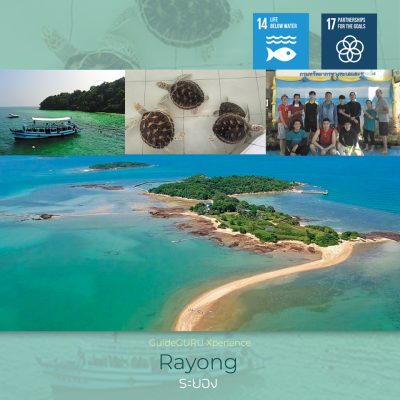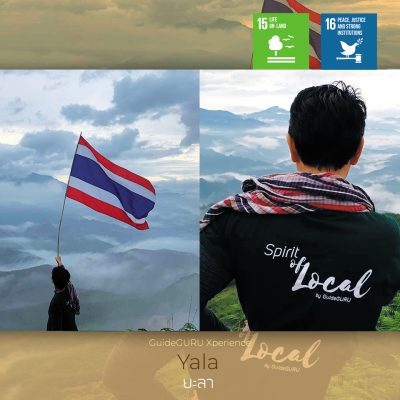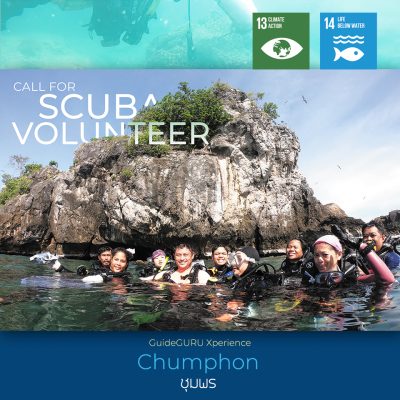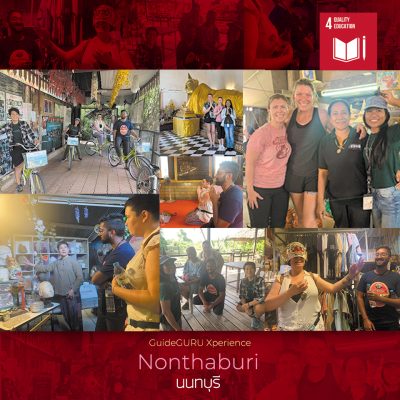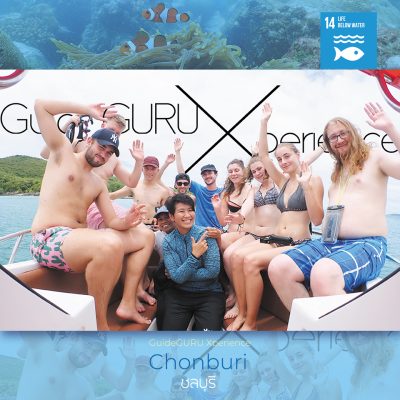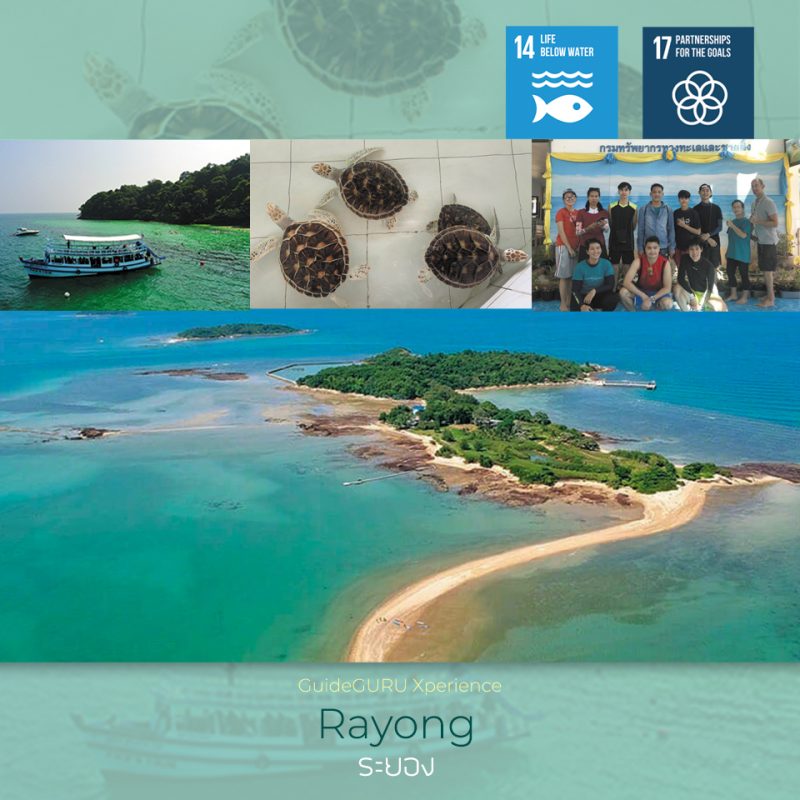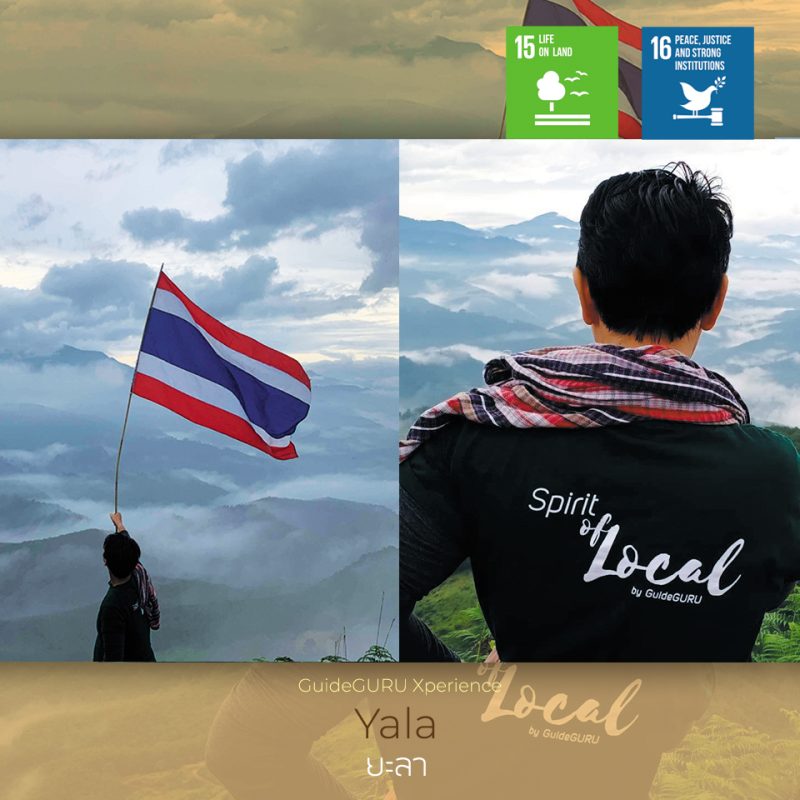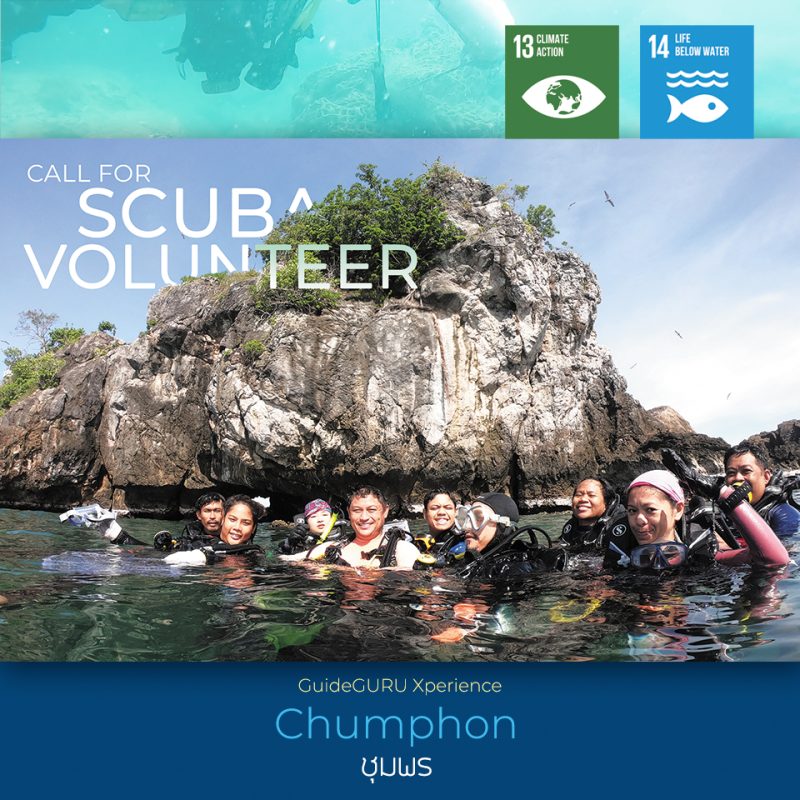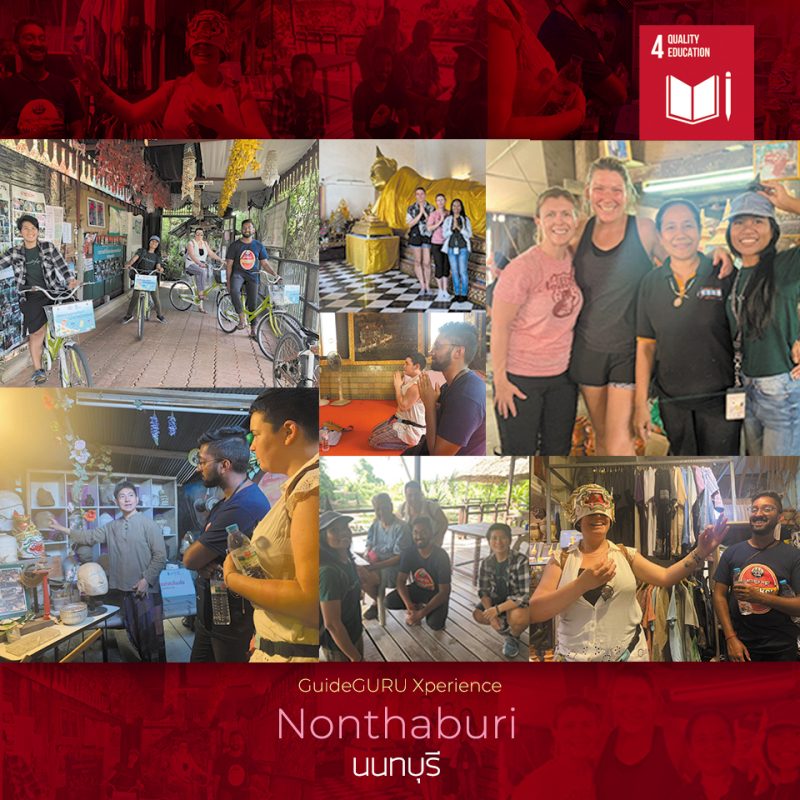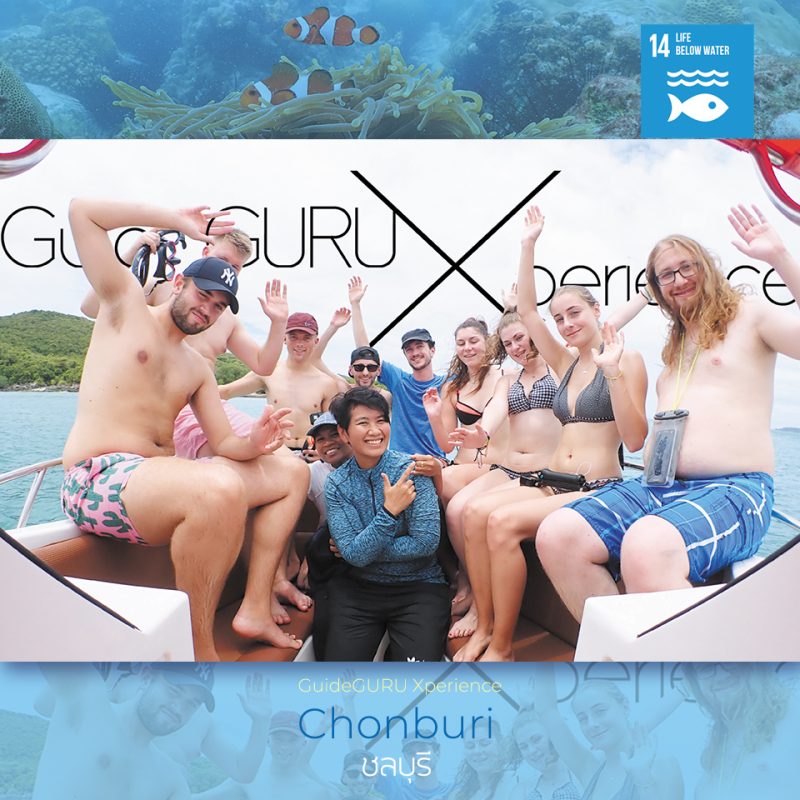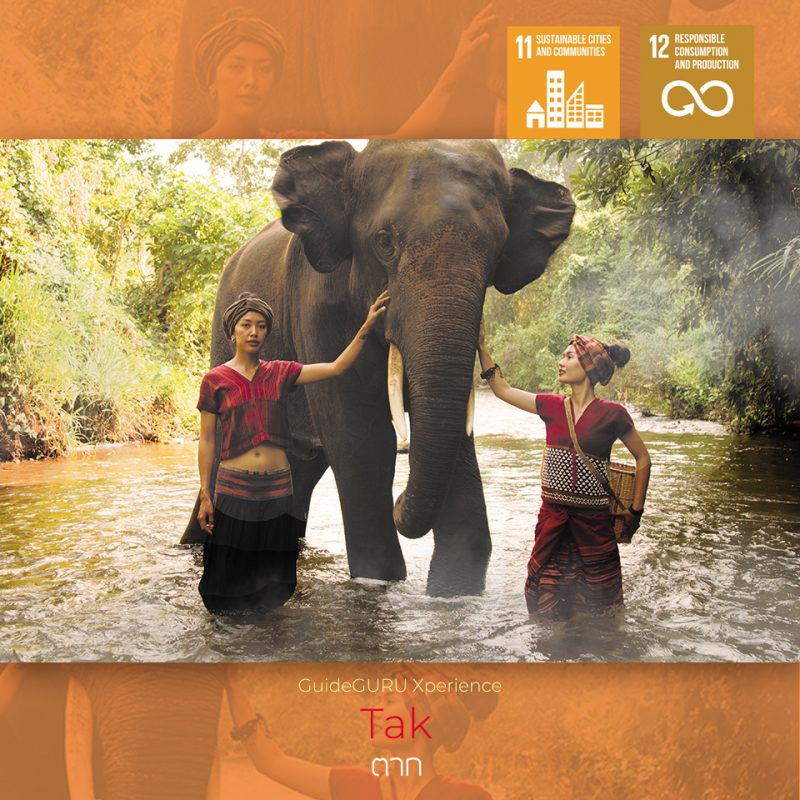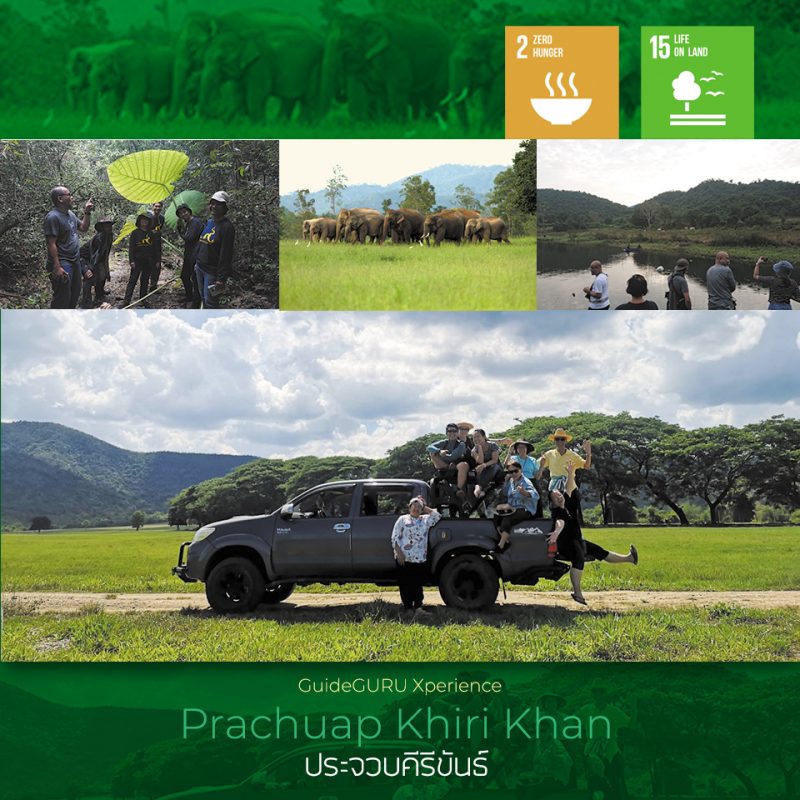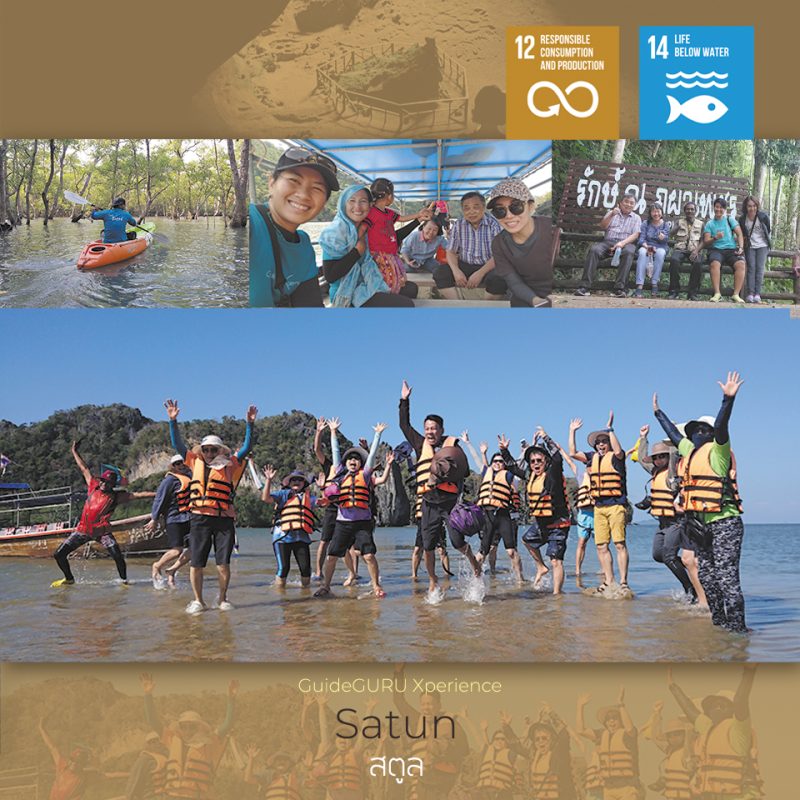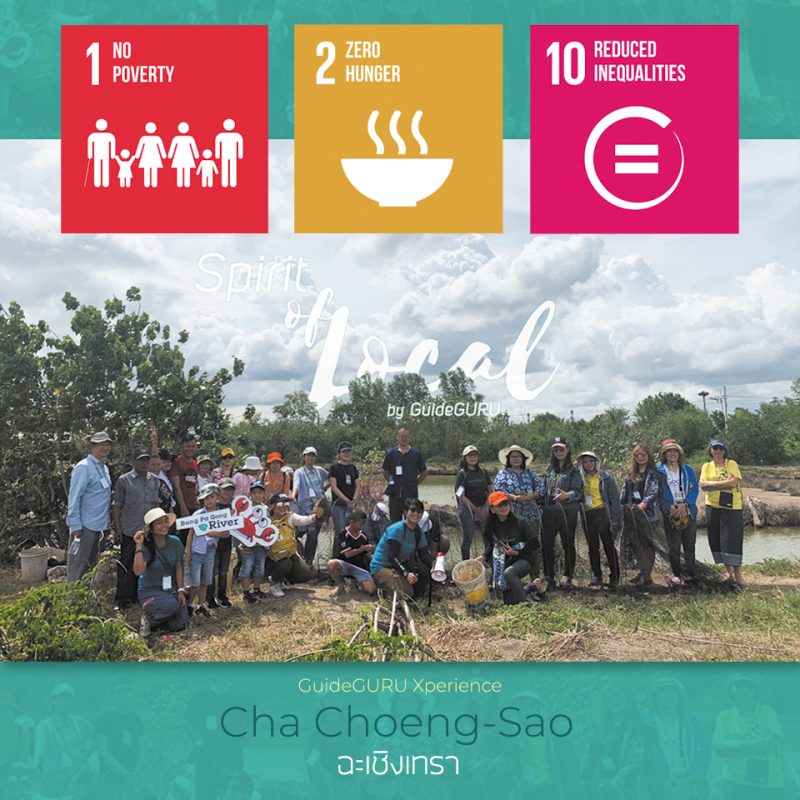SDG 14 – LIFE BELOW WATER อนุรักษ์และใช้ประโยชน์จากทรัพยากรทางทะเลอย่างยั่งยืน Coastal and maritime tourism rely on healthy marine ecosystems. Tourism development must be a part of Integrated Coastal Zone Management in order to help conserve and preserve fragile marine ecosystems and serve as a vehicle to promote a blue economy, contributing to the sustainable use of marine resources. […]
SDG 15 – LIFE ON LAND ส่งเสริมการใช้ประโยชน์ที่ยั่งยืนของระบบนิเวศบนบก Rich biodiversity and natural heritage are often the main reasons why tourists visit a destination. Tourism can play a major role if sustainably managed in fragile zones, not only in conserving and preserving biodiversity, but also in generating revenue as an alternative livelihood to local communities. ธรรมชาติอันอุดมสมบูรณ์ของยะลานั้นสวยงามมาก การได้เดินป่าเพื่อขึ้นไปชมพระอาทิตย์ขึ้นเหนือทะเลหมอกอัยเยอร์เวงนั้นเป็นประสบการณ์ที่เราอยากให้คุณได้ไปสัมผัสสักครั้งในชีวิต […]
SDG 13 – CLIMATE ACTION ดำเนินการอย่างเร่งด่วนเพื่อแก้ปัญหาโลกร้อน Tourism contributes to and is affected by climate change. Tourism stakeholders should play a leading role in the global response to climate change. By reducing its carbon footprint, in the transport and accommodation sector, tourism can benefit from low carbon growth and help tackle one of the most pressing […]
SDGS 4 – QUALITY EDUCATION ส่งเสริมโอกาสในการเรียนรู้ Tourism has the potential to promote inclusiveness. A skilful workforce is crucial for tourism to prosper. The tourism sector provides opportunities for direct and indirect jobs for youth, women, and those with special needs, who should benefit through educational means. ล่องแม่น้ำเจ้าพระยามาทางเหนือ คุณจะได้พบกับเกาะเดียวเท่านั้นที่ใกล้กรุงเทพฯ มากที่สุด นั่นคือเกาะเกร็ด ที่มีเรื่องราวของความเป็นพหุวัฒนธรรมตามประวัติศาสตร์การสร้างเมือง ชุมชนชาวไทยและชาวไทยมอญอยู่ร่วมกันมานาน เรื่องราวเหล่านั้นเล่าผ่านเส้นทางเตาเผาดินและเครื่องปั้นดินเผาที่เป็นงานแกะสลักด้วยมืออันงดงาม นอกจากนักท่องเที่ยวจะได้ชมงานหัตถศิลป์จากชุมชนแล้ว ยังมีกิจกรรมเรียนรู้ศิลปะไทยแบบน่ารักๆ […]
SDG 11 – SUSTAINABLE CITIES AND COMMUNITIES สร้างเมืองและการตั้งถิ่นฐานที่ปลอดภัย Tourism can advance urban infrastructure and accessibility, promote regeneration and preserve cultural and natural heritage, assets on which tourism depends. Investment in green infrastructure (more efficient transport, reduced air pollution) should result in smarter and greener cities for, not only residents but also tourists. วิถีของชาวปกาเกอญอนั้นงดงามมาก การอยู่ร่วมกับธรรมชาติอย่างใกล้ชิดมาตั้งแต่บรรพบุรุษ มีวัฒนธรรมการแต่งกาย […]
SDG 2 – ZERO HUNGER ขจัดความอดอยาก สร้างความมั่นคงทางอาหาร Tourism can spur sustainable agriculture by promoting the production and supplies to hotels, and sales of local products to tourists. Agro-tourism can generate additional income while enhancing the value of the tourism experience. ผืนป่าของพ่ออันอุดมสมบูรณ์ ว่ากันว่าผืนป่าผืนนี้เป็นผืนป่าที่นายทุนคืนให้ราชการ เนื่องจากในหลวง รัชกาลที่ 9 ได้ทรงดำริไว้เพื่อให้เกิดประโยชน์แก่ทั้งสัตว์ป่า และประชาชนในพื้นที่ ความอุดมสมบูรณ์ที่นี่จึงเป็นสิ่งที่พิเศษสำหรับเรามาก นับได้ว่าเป็นการท่องเที่ยวตามศาสตร์พระชาเพื่อความยั่งยืนทั้งของคน สัตว์ป่า ชุมชนที่นี่จึงน้อมนำศาสตร์พระราชามาใช้เพื่อการพึ่งตนเองทางด้านอาหาร เป็นต้นแบบของการอยู่ร่วมกัน และสิ่งที่พิเศษสุดที่นี่คือไม้จันทน์หอม ที่ขึ้นในป่านี้มากที่สุดเพียงแห่งเดียวในประเทศไทย SDG […]
SDG 12 – RESPONSIBLE CONSUMPTION AND PRODUCTION สร้างรูปแบบการผลิตและการบริโภคที่ยั่งยืน The tourism sector needs to adopt sustainable consumption and production (SCP) modes, accelerating the shift towards sustainability. Tools to monitor sustainable development impacts for tourism including for energy, water, waste, biodiversity and job creation will result in enhanced economic, social and environmental outcomes. สตูลวันเดอร์แลนด์ ดินแดนมหัศจรรย์ กับการท่องเที่ยวเชิงธรณี ที่คุณสามารถเรียนรู้มหายุคการก่อเกิดโลก […]

